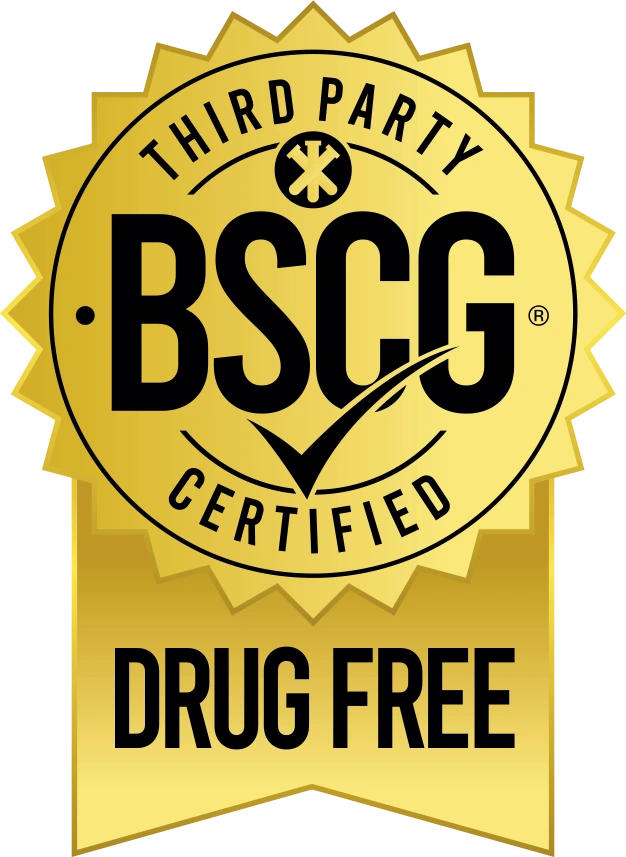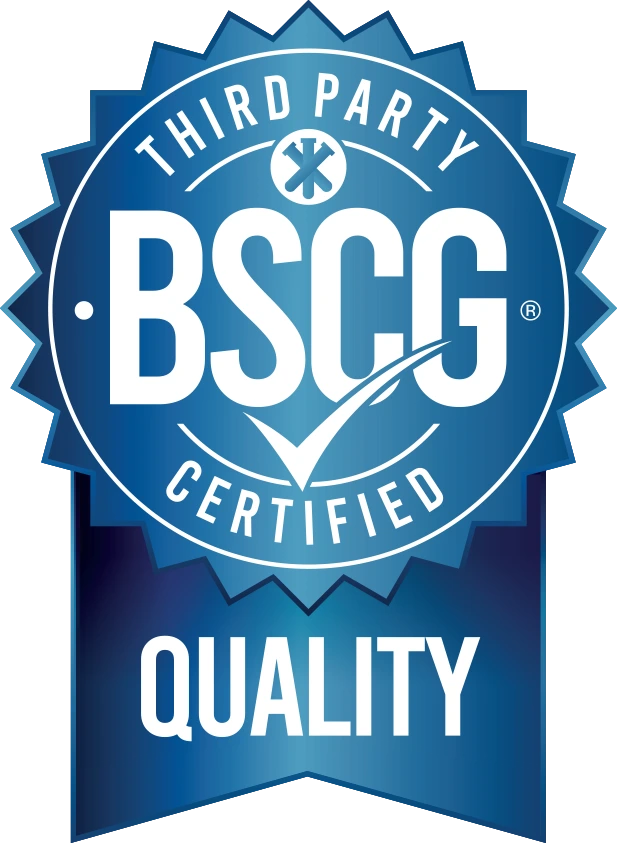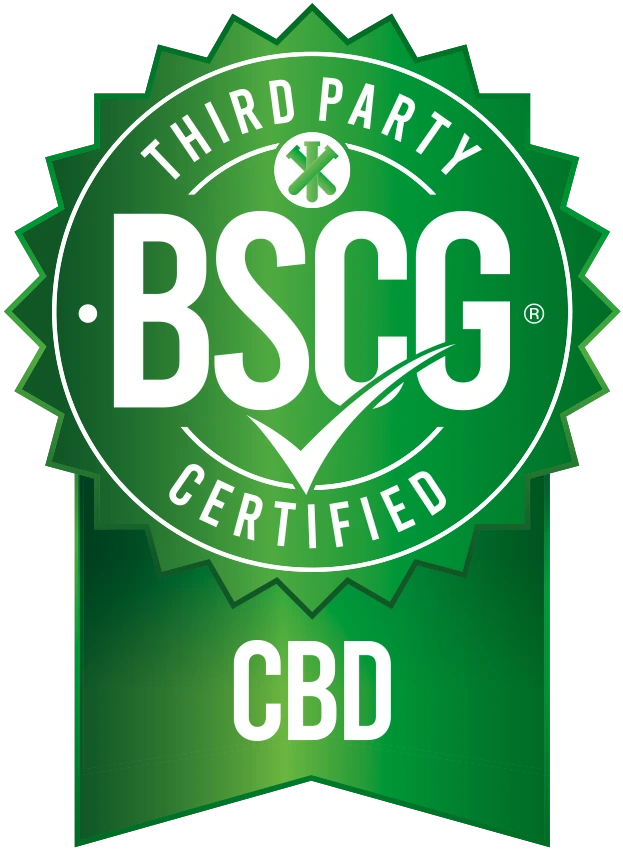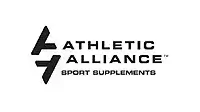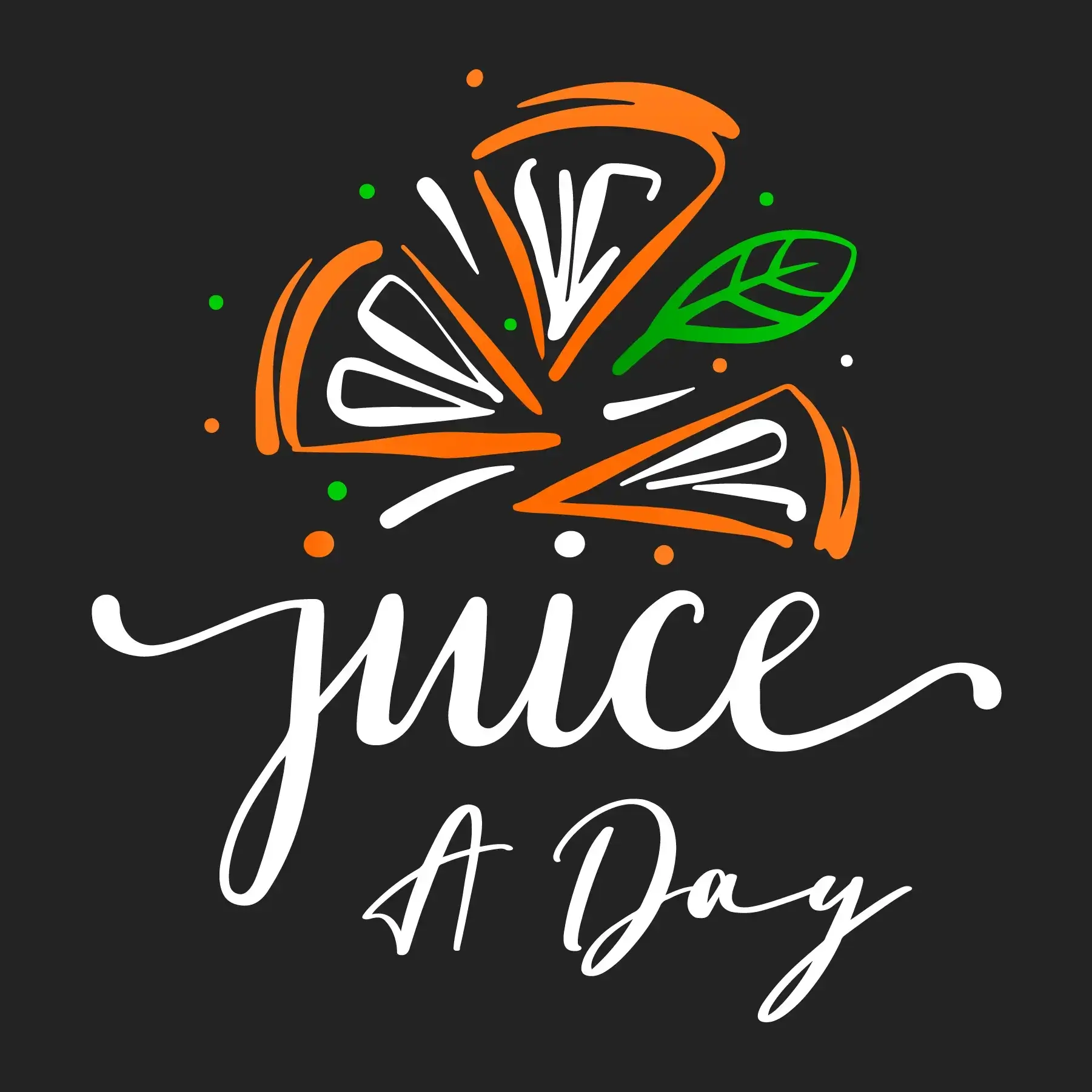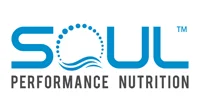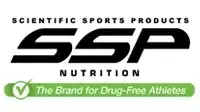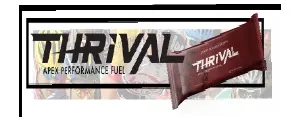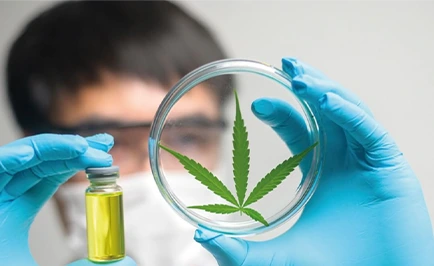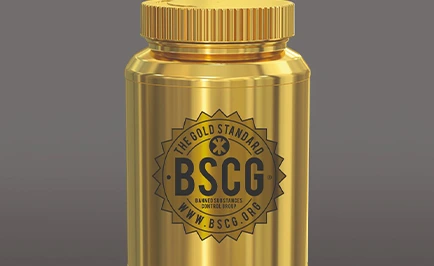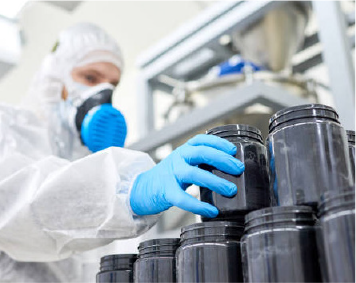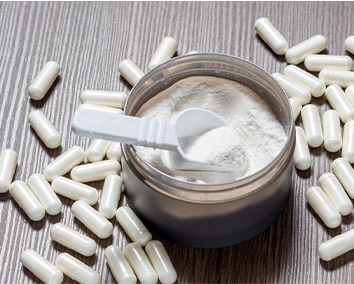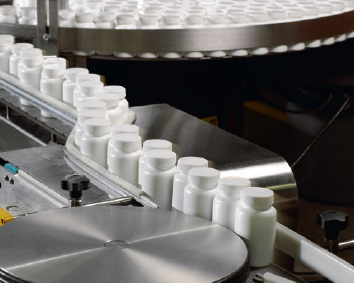The Shadows of The Super Bowl
Feb 09, 2024

The Shadows of The Super Bowl
The Super Bowl. A pinnacle of athletic prowess and competitive spirit that draws nearly 100 million viewers. Yet, the sheen of this grand spectacle is occasionally dulled by performance-enhancing drug (PED) violations. This issue has seen NFL players suspended at least 258 times since 2001. As reported by USA TODAY Sports, this problem touches every team and every position, from Pro Bowl stars to rookies.
The Paradox of PEDs in the NFL
The prevalence of PED-related suspensions has woven itself into the fabric of the NFL's regular calendar, with some years witnessing over 20 such incidents. While these suspensions represent around 1% or fewer of all NFL players each year, experts like Charles Yesalis from Penn State believe the actual PED usage is far more widespread. He says it may echo patterns seen in other sports like cycling.
Entertainment vs. Integrity
There's an intriguing debate around the viewer's stance on PEDs. Some, like Yesalis, argue PEDs contribute to the larger-than-life spectacle that fans crave. The cases of players like Jordan Willis and Julian Edelman, who faced PED-related suspensions yet continued to receive public acclaim, underscore this complex relationship between performance, entertainment, and ethical sportsmanship. Other NFL stars like Brandon Copeland were suspended thanks to what he claimed were contaminated supplements, yet received little sympathy. The lack of empathy for a player falling victim to contaminated supplements maybe a bit callous as this is a real concern for fans and players alike as one report highlighted the reality that 776 dietary supplements from 146 companies had prescription drugs added, some had more than one.
Challenges in Return
Acknowledging the issue of contaminated supplements, the league recognizes that not all violations are intentional. Still, players bear the ultimate responsibility for what enters their bodies. Figures like Houston offensive tackle Duane Brown and St. Louis Rams linebacker David Vobora are further examples of the plight of athletes unwittingly falling prey to contaminated products, emphasizing the need for vigilance and informed decision-making around supplements. A recent compilation of surveys focused on contaminated supplements put the concern in a spotlight as it found that 28% of 3,132 supplements contained a substance that could possibly lead to an unintentional doping violation.
Championing a Safer Future
The narrative of Super Bowl athletes grappling with PED allegations and the realities of contaminated supplements calls for a collective push toward transparency and stringent quality control to ensure product safety. These are reminders of why it is so important to look for third-party certified supplements that are tested for banned substances, both for fans and players. As we prepare for the Super Bowl we hope that the players are not impacted by the growing concern over contaminated supplements, and perhaps more importantly that general consumers don’t have their health and safety threatened by similar concerns.



